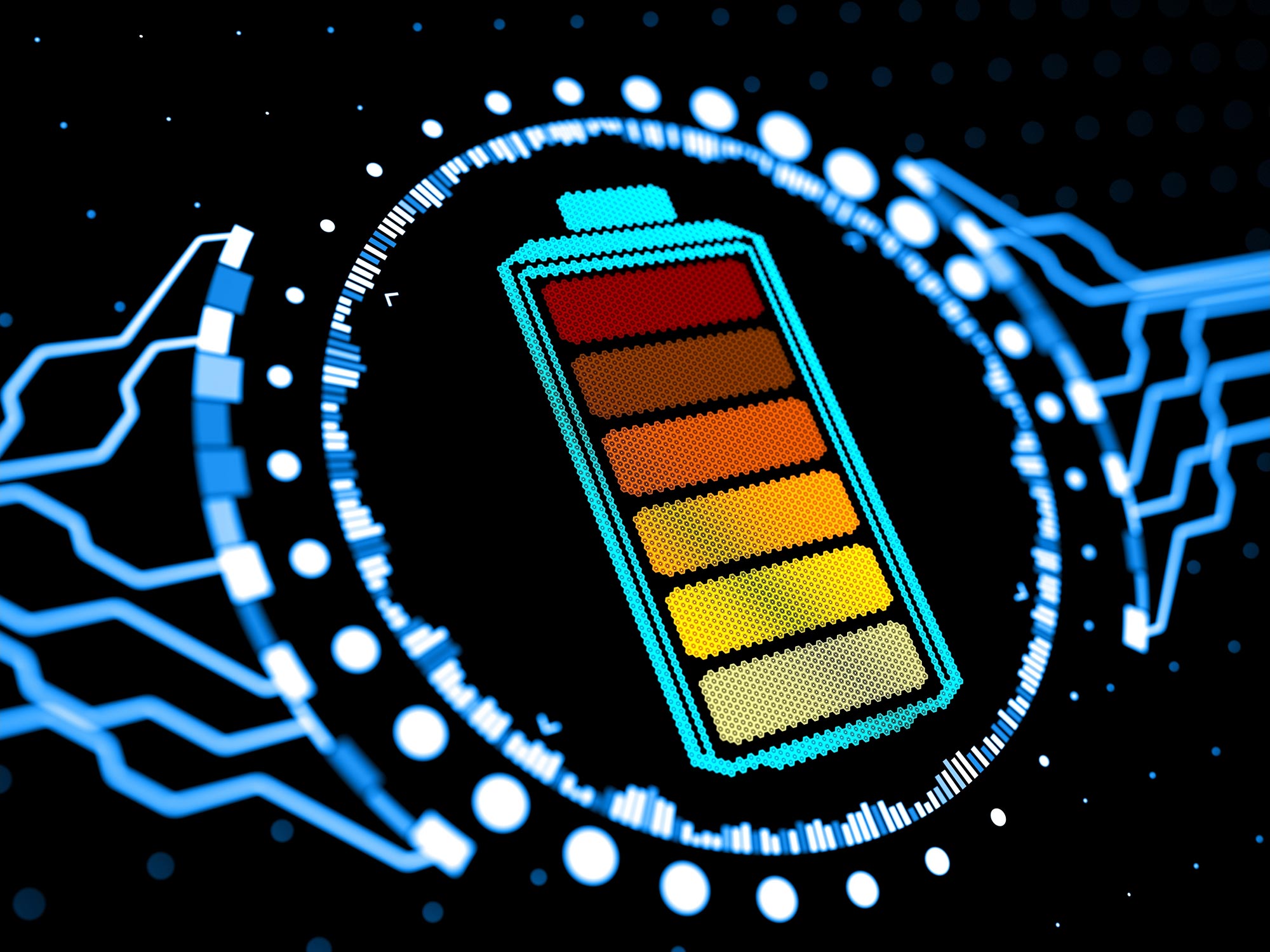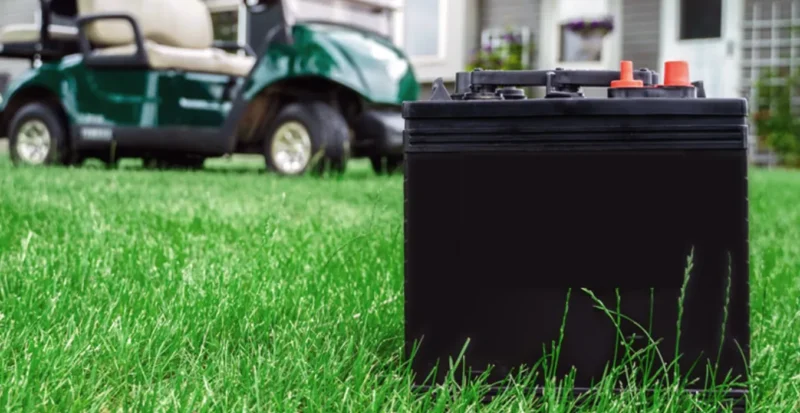Choosing the right golf cart battery can be a crucial decision for golfers looking to enhance their performance on the course. The debate between lead-acid and lithium batteries has been ongoing, with each option offering its own set of advantages and disadvantages.
Understanding the differences between these two types of batteries is key to making an informed decision that best suits your needs. In this article, we will delve into the various factors to consider when choosing between lead-acid and lithium batteries for your golf cart.
Performance Comparison: Lead-Acid vs. Lithium Batteries

When comparing the performance of lead-acid and lithium batteries for golf carts, several key factors come into play. Lead-acid batteries are known for being more affordable upfront, but they tend to have a shorter lifespan and require more maintenance over time.
On the other hand, lithium batteries are more expensive initially, but they offer a longer lifespan, faster charging times, and higher energy efficiency.
Additionally, lithium batteries are lighter and more compact than lead-acid batteries, making them a popular choice for golf cart owners looking to optimize performance and efficiency on the course.
Ultimately, the decision between lead-acid and lithium batteries comes down to personal preference and budget, with each option offering its own set of advantages and disadvantages.
Cost Considerations
Cost considerations play a significant role when deciding between lead-acid and lithium golf cart batteries. While lead-acid batteries may have a lower initial cost, they may end up costing more in the long run due to shorter lifespan and higher maintenance requirements.
On the other hand, lithium batteries are known for their higher upfront cost but offer longer lifespan, faster charging times, and lighter weight. When choosing between the two, it is essential to consider not only the initial cost but also the overall cost over the battery’s lifespan to make an informed decision for your golf cart needs.

Environmental Impact
When considering the environmental impact of lead-acid versus lithium golf cart batteries, it is important to take into account factors such as energy efficiency, recyclability, and overall carbon footprint. Lead-acid batteries are known for their relatively low energy efficiency and are more prone to environmental hazards due to the presence of lead and sulfuric acid.
In contrast, lithium batteries have higher energy efficiency and are more easily recyclable, making them a more environmentally friendly choice for golf cart owners looking to minimize their impact on the planet.
Additionally, lithium batteries have a lower carbon footprint throughout their lifecycle compared to lead-acid batteries, further solidifying their position as a greener option for eco-conscious consumers.
Ultimately, choosing the right battery for your golf cart can make a significant difference in reducing your environmental footprint and contributing to a cleaner, more sustainable future.
Conclusion

In conclusion, when it comes to deciding between lead-acid and lithium batteries for your golf cart, it ultimately comes down to your specific needs and preferences. Lead-acid batteries are a more affordable option with a long-standing track record of reliability, while lithium batteries offer greater energy efficiency and longer lifespan.
For those looking for the best golf cart battery in terms of performance and durability, lithium batteries may be the way to go. However, for those on a tighter budget, lead-acid batteries can still provide a reliable power source for your golf cart.
Ultimately, the decision will depend on your priorities and how you plan to utilize your golf cart.


